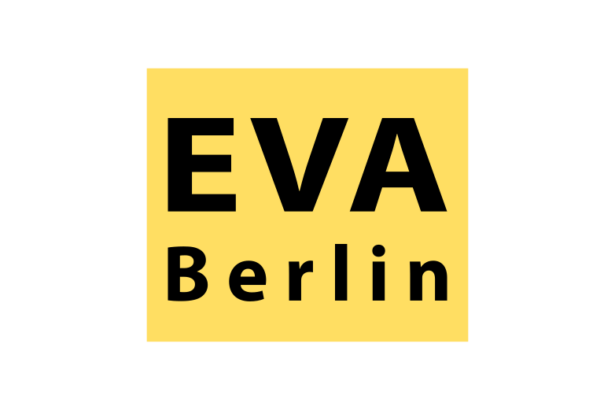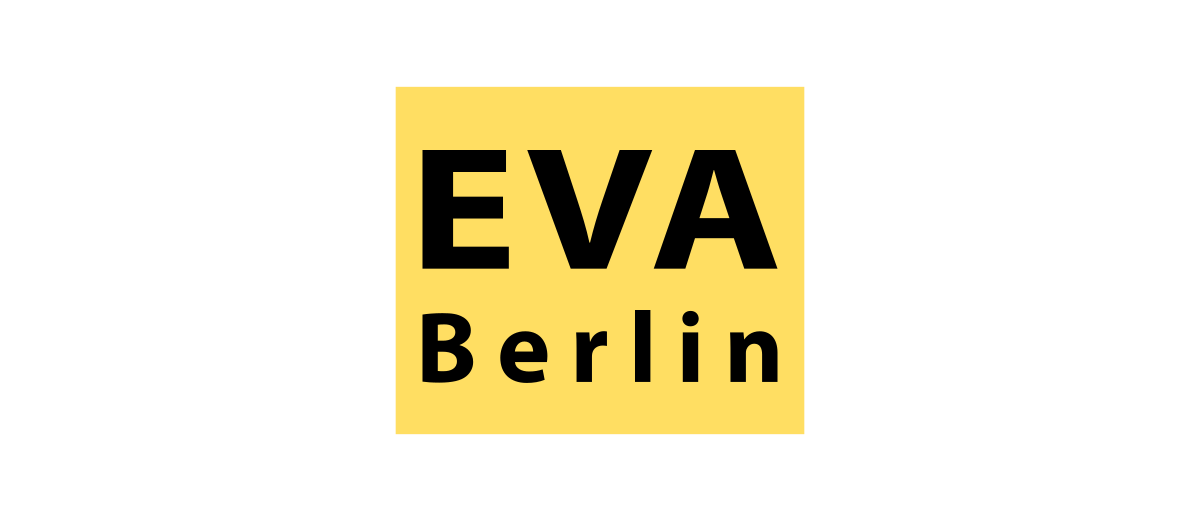TExTOUR is a project funded by the European Union’s Horizon 2020 programme and coordinated by Fundación Santa Maria La Real with the mission to co-design innovative and sustainable cultural tourism strategies to improve deprived and remote areas in Europe and beyond.
The mission to valorise cultural heritage while preserving traditions, the environment and local communities’ lifestyle was our compass.
To develop, test and implement our strategies, we chose eight pilot sites located in remote areas: Crespi D’Adda (Italy), Narva (Estonia), Umgebindeland (Germany), Via Regia (Ukraine), Trebinje (Bosnia and Herzegovina), Tarnowskie Gory (Poland), Vale do Coa – Siega Verde (Portugal and Spain), and Anfeh – Fikardou (Lebanon and Cyprus).
Thanks to our pilots’ diversity, we developed a variety of cultural tourism scenarios in coastal, inland, rural and urban areas. Such variety leads to different socio-economic conditions. And the global political instability during the project’s years added extra-challenges but also opportunities to develop innovative solutions.
We identified difficulties and opportunities for each region, classified heritage and associated tourism, evaluated the best strategies for socio-economic development and for the inclusion of local communities.
TExTOUR’s best practices draws on the experience of our pilot sites, where our methodology has been implemented and adapted to meet the needs of local communities.
You can download the full publication TExTOUR Best practices and lessons learned from our project from the TExTOUR website or from a local copy HERE.





